Did you know that 75% of transactions in Gambia are still conducted in cash? This makes understanding the local currency and payment methods essential for a smooth trip. Whether you’re planning a visit to the “Smiling Coast of Africa” or simply exploring your options, this guide will help you navigate the financial landscape with ease.
From the Gambian Dalasi to the best travel money card, we’ve got you covered. Learn how to avoid unnecessary fees, where to exchange your money, and which cards are accepted. This guide also highlights budgeting tips and exchange rate insights to make your journey stress-free.
Gambia is known for its warm hospitality and affordable travel options. With this guide, you’ll be ready to explore its vibrant markets, stunning beaches, and cultural gems without worrying about your money. Let’s make your trip unforgettable!
Understanding Gambia’s Currency Landscape
The Gambian Dalasi plays a central role in everyday transactions across the country. Introduced in 1973, it replaced the Gambian pound and has since become the backbone of local commerce. Understanding this currency is essential for anyone planning to visit, as it directly impacts your ability to navigate markets, shops, and services.
Overview of the Gambian Dalasi
The Gambian Dalasi (GMD) is divided into 100 bututs. Banknotes come in denominations of 5, 10, 25, 50, 100, and 200 dalasis, while coins are available in 1 dalasi and smaller butut values. Locals rely heavily on cash for daily transactions, making it the most widely accepted payment method.
When exchanging your money, it’s important to check the rate at authorized bureaus or banks. Rates at airports or tourist areas may not be as favorable. Carrying smaller amounts of cash based on your daily needs can help you avoid unnecessary fees.
Denominations and Local Usage
In local markets, you’ll find prices often listed in dalasis. Smaller denominations like 5 or 10 dalasis are commonly used for everyday purchases, while larger notes are reserved for bigger transactions. Knowing how to use these denominations efficiently can save you time and money.
It’s also crucial to recognize genuine notes to avoid counterfeit currency. Look for security features like watermarks and holograms.
“Understanding the local currency is not just about money—it’s about connecting with the culture,”
says a seasoned traveler.
Whether you’re paying for a meal or shopping for souvenirs, knowing the currency and its usage will make your interactions smoother. It’s a small step that can significantly enhance your travel experience.
How to Prepare Financially for Your Gambia Trip
Planning your finances for a trip can make or break your experience. A well-thought-out budget ensures you enjoy your journey without stress. Start by outlining your expenses for accommodation, meals, and transport. This will help you allocate your money wisely and avoid overspending.
Budgeting for Accommodation, Meals, and Transport
Accommodation costs can vary widely, from budget-friendly guesthouses to luxury resorts. For meals, street food and local restaurants are affordable options, while Western-style dining may cost more. Transport expenses depend on your choice of taxis, buses, or car rentals. Setting a daily budget helps you stay on track.
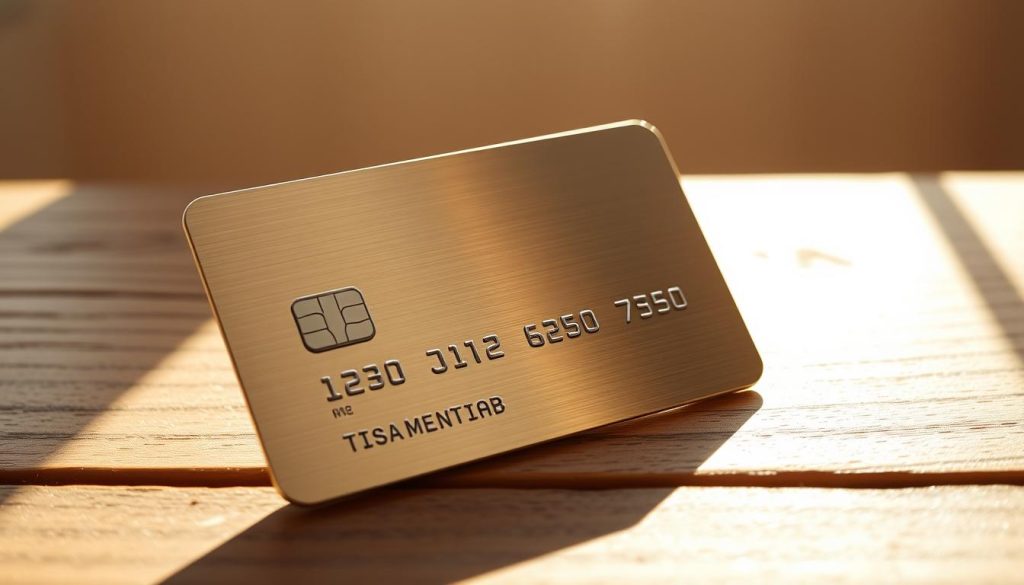
Setting a Travel Money Plan
A travel card is a secure way to manage your funds. It allows you to access local currency without carrying large amounts of cash. Choose a card with low fees and competitive exchange rates. Always check your account balance to monitor your spending.
Using online tools can help you track expenses and stay within your budget. For example, apps like Wise or Revolut provide real-time updates on your account. This way, you can adjust your spending habits and avoid unnecessary fees.
By preparing a comprehensive travel money plan, you’ll have peace of mind during your trip. Whether it’s choosing the right card or reviewing your account details, these steps ensure a smooth and enjoyable experience.
Exploring Payment Options in Gambia
Navigating payment methods can greatly enhance your travel experience. Whether you prefer cash or a card, understanding the local payment landscape ensures smooth transactions. Each option has its benefits, and knowing when to use them can save you time and money.
Cash vs. Card Benefits
Using cash is ideal for small purchases and local markets. It’s widely accepted and helps you avoid transaction fees. However, carrying large amounts can be risky. On the other hand, a card offers convenience and security, especially for larger expenses. Credit cards are accepted in hotels and restaurants, but always check for foreign fees.
For ATM withdrawals, choose machines affiliated with major banks to minimize fees. A travel card is another great option, as it allows you to lock in exchange rates and track your spending.
Local Payment Practices and Negotiation Tips
In local markets, bargaining is common. Start by offering half the asking price and work your way up. This way, you can secure better deals. For taxis, agree on a fare before starting your journey to avoid surprises.
“Negotiating isn’t just about saving money—it’s about connecting with the culture,”
says a seasoned traveler. Always carry small denominations of cash for tips and minor purchases. By understanding these practices, you’ll navigate payments with confidence and ease.
Gambia: Ultimate Travelers Guide to Currencies & Payments
Managing your finances effectively can transform your Gambian adventure. This guide ensures you’re well-prepared to handle currency and payment methods with ease. From budgeting tips to choosing the right card, we’ve covered everything you need for a seamless trip gambia.
When it comes to money, the gambian dalasi is the backbone of local transactions. Understanding its denominations and usage helps you navigate markets and shops confidently. Whether you’re paying for a meal or shopping for souvenirs, knowing the local currency enhances your experience.
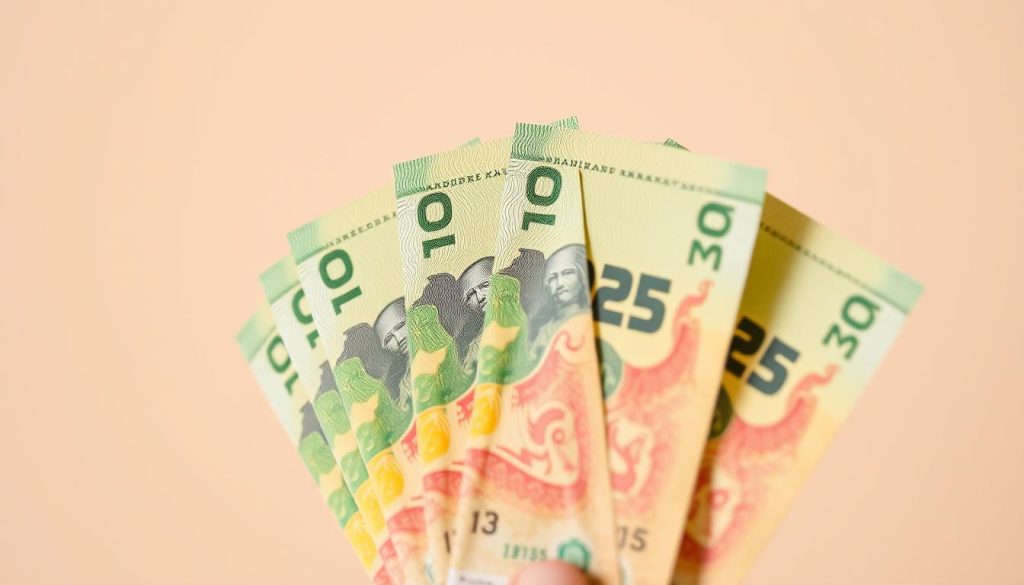
This guide also highlights the benefits of using a travel card. It’s a secure way to manage your funds and avoid carrying large amounts of cash. With competitive exchange rates and low fees, a card ensures you stay within your budget while enjoying your trip.
Here’s a quick summary of key topics covered:
| Topic | Key Insight |
|---|---|
| Budgeting | Plan daily expenses for accommodation, meals, and transport. |
| Local Payments | Use cash for small purchases and cards for larger expenses. |
| Travel Cards | Choose a card with low fees and real-time tracking. |
To make the most of your travel, leverage this guide for a hassle-free financial experience. Stay tuned for insights on securing the best exchange rates and minimizing fees in the next section.
Securing the Best Exchange Rates and Minimizing Fees
Getting the best exchange rates can save you a lot of money during your travels. Small differences in rates can add up, affecting your overall cost. By understanding how to secure a good exchange rate and avoid unnecessary fees, you can make your trip more affordable and enjoyable.
Using Mid-Market Exchange Rates
The mid-market rate is the real exchange rate between two currencies, without any markup. This rate is often the most favorable for travelers. Banks and currency exchange services usually add a margin, increasing your cost. Specialized cards like Wise or Revolut often offer rates closer to the mid-market rate, saving you money.
To monitor rates in real time, use online tools like XE Currency Converter or TransferWise. These platforms provide accurate exchange rates, helping you plan your withdrawals and conversions effectively.
Avoiding Airport and Hidden Fees
Airport exchange services are convenient but often charge higher fees and offer poor rates. Instead, exchange your money at local banks or authorized bureaus for better deals. When using your card, watch out for hidden fees like foreign transaction charges or ATM fees.
Here are some tips to avoid extra fees:
- Use ATMs affiliated with major banks to minimize withdrawal costs.
- Choose a travel card with low or no foreign transaction fees.
- Plan ahead and exchange a portion of your money before arriving.
By following these strategies, you can keep more money in your pocket and enjoy your trip without financial stress.
Navigating ATMs and Bank Services in Gambia
Using ATMs and bank services efficiently can make your financial transactions smoother during your Gambian adventure. Whether you’re withdrawing cash or managing your account, understanding the local banking system is essential.
ATM Withdrawal Best Practices
When withdrawing cash, always use ATMs affiliated with major banks. These machines are more reliable and often have lower transaction fees. Smaller or independent ATMs may charge higher fees or run out of cash.
Track your account activity regularly to monitor your spending. Setting a daily withdrawal limit can help you stay within your budget. Always keep your card secure and avoid sharing your PIN with anyone.
Here’s a quick guide to safe ATM usage:
- Choose ATMs in well-lit, secure locations.
- Cover the keypad when entering your PIN.
- Be aware of your surroundings and avoid distractions.
Staying Safe when Using Bank Services
When visiting banks, carry only the necessary documents and cash. Keep your card and account details confidential to prevent fraud. Be cautious of unsolicited offers or requests for personal information.
Here are some tips to enhance your banking safety:
- Use digital banking apps to monitor your account in real time.
- Report lost or stolen cards immediately to avoid unauthorized withdrawals.
- Opt for SMS alerts to stay updated on your spending.
By following these practices, you can minimize risks and enjoy a hassle-free banking experience. Here’s a summary of key tips:
| Tip | Benefit |
|---|---|
| Use major bank ATMs | Lower fees and better reliability |
| Monitor account activity | Track spending and avoid overspending |
| Secure your card | Prevent unauthorized transactions |
Final Thoughts
Navigating ATMs and bank services doesn’t have to be stressful. With these tips, you can handle your finances confidently and focus on enjoying your trip. Stay informed, stay safe, and make the most of your way to manage your money.
Choosing the Right Travel Money Card
Selecting the right travel money card can make your journey smoother and more cost-effective. With so many options available, it’s essential to compare features, fees, and benefits to find the best fit for your needs.
Comparing Top Rated Cards
Popular cards like Wise, Chime, Monzo, and Netspend offer unique advantages. Wise is known for its low fees and mid-market exchange rates, making it a great option for frequent travelers. Chime provides fee-free ATM withdrawals, while Monzo offers real-time spending notifications. Netspend is ideal for those who prefer prepaid debit cards.
Here’s a quick comparison of their key features:
- Wise: Low fees, multi-currency support, and competitive exchange rates.
- Chime: No foreign transaction fees and free ATM access.
- Monzo: Budgeting tools and instant spending alerts.
- Netspend: Prepaid debit card with flexible reload options.
How to Apply and Manage Your Card
Applying for a travel card is simple. Most providers allow you to sign up online and receive your card within a few days. Once activated, you can load funds into your account and start using it for travel expenses.
Managing your card is easy with mobile apps. These apps let you track your spending, check your account balance, and lock your card if needed. Some apps even offer budgeting tools to help you stay on track.
Here are some tips for using your card effectively:
- Use it for contactless payments to avoid carrying cash.
- Withdraw money from ATMs affiliated with major banks to minimize fees.
- Monitor your spending in real time to avoid overspending.
Choosing the right travel card not only saves you money but also enhances your financial flexibility. With the right option, you can focus on enjoying your trip without worrying about unnecessary fees.
Tips for Using Gambian Dalasi for Local Transactions
Mastering the use of cash and digital payments in local markets ensures a smooth experience. Whether you’re shopping at a small store or tipping a service provider, knowing the best way to handle transactions can save you time and money.
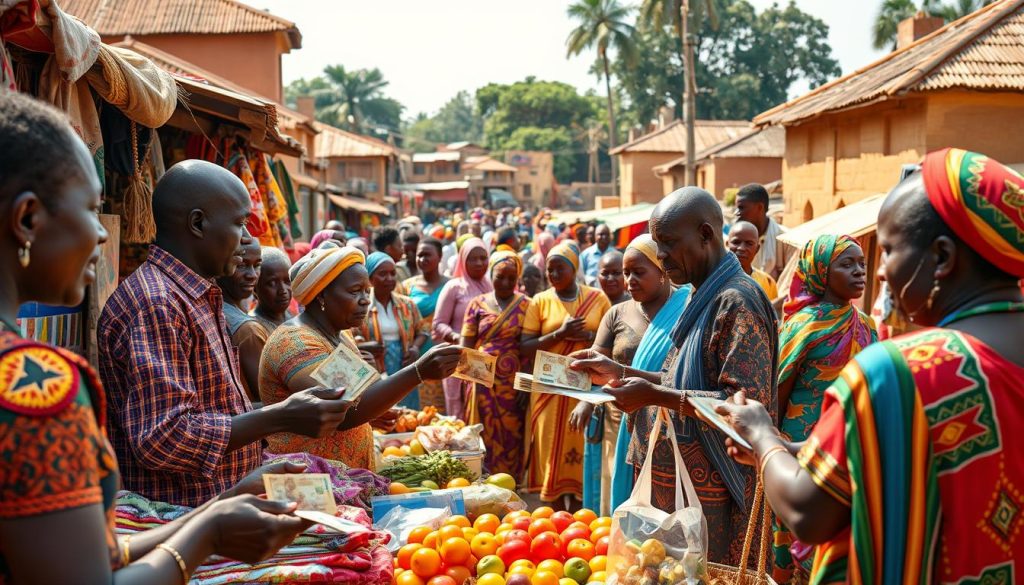
Where and When to Use Cash
Using cash is essential for small purchases and local markets. It’s widely accepted and helps you avoid transaction fees. For example, in small stores or when tipping, having a few gambian dalasi notes on hand is practical.
Here are some common scenarios where cash is preferred:
- Local markets and street vendors
- Tipping service providers like taxi drivers or guides
- Small purchases at neighborhood stores
Carrying smaller denominations of cash ensures you’re prepared for everyday transactions. It’s also a great way to connect with local culture and practices.
Tech-Savvy Payment Methods
While cash is king in many places, tech-savvy payment methods are gaining popularity. Mobile wallets and contactless payments offer convenience and security, especially in urban areas.
Here are some modern payment options to consider:
- Mobile wallets for quick and secure transactions
- Contactless cards for hassle-free payments
- Digital platforms for tracking your spending
Using a travel card alongside cash provides flexibility. It’s a great way to manage your funds while enjoying the convenience of digital payments.
| Payment Method | Best Use Case |
|---|---|
| Cash | Local markets, tipping, small stores |
| Mobile Wallets | Urban areas, quick transactions |
| Travel Card | Larger expenses, budgeting |
By adapting to local payment practices and carrying both cash and a travel card, you’ll navigate transactions with ease. Stay flexible and enjoy your journey!
Understanding and Avoiding Hidden Fees
Hidden fees can quickly add up and disrupt your travel budget if you’re not careful. From transaction fees to unexpected ATM charges, these costs can eat into your funds. By understanding how these fees work, you can take steps to minimize their impact and keep more money in your pocket.
Breaking Down Transaction and Withdrawal Charges
When using your card abroad, you may encounter various fees. A transaction fee is often applied for purchases made in a foreign currency. This fee is typically a percentage of the total amount spent. For example, some banks charge 1-3% per transaction, which can add up over time.
ATM withdrawals also come with their own set of charges. These can include a fixed ATM fee per withdrawal, plus a percentage of the amount withdrawn. To avoid these extra fees, use ATMs affiliated with major banks and check your bank’s fee schedule before traveling.
Here’s a quick breakdown of common fees:
| Fee Type | Description | How to Avoid |
|---|---|---|
| Transaction Fee | Charged for foreign currency purchases | Use a card with no foreign transaction fees |
| ATM Fee | Fixed fee per withdrawal | Use major bank ATMs |
| Currency Conversion Fee | Markup on exchange rates | Opt for mid-market rates |
Understanding these fees is a key part of savvy money management. By comparing fee schedules and choosing the right card, you can significantly reduce your costs during your trip.
Here are some additional tips to avoid hidden fees:
- Check your bank’s international fee policy before traveling.
- Use mobile apps to track your spending in real time.
- Avoid dynamic currency conversion (DCC) at ATMs and merchants.
By staying informed and proactive, you can navigate financial transactions with confidence and avoid unnecessary charges. This ensures a smoother and more enjoyable travel experience.
Leveraging Digital Solutions for Currency Management
Modern digital tools are transforming how travelers manage their finances abroad. From mobile wallets to budget tracking apps, these solutions offer convenience, security, and cost efficiency. By integrating these tools into your travel plans, you can streamline your payments and keep your account in check.

Mobile Wallet Usage
Mobile wallets are becoming increasingly popular for their tap-and-pay convenience. They allow you to make quick and secure payments without carrying cash. In urban areas, many vendors and businesses accept mobile wallets, making them a practical choice for travelers.
Here are some benefits of using mobile wallets:
- Quick and contactless payments
- Enhanced security with encryption
- Easy tracking of spending through app notifications
Popular options like Apple Pay and Google Pay are widely accepted, but always check local availability before relying on them.
Online Tools for Budget Tracking
Managing your account and tracking expenses is easier with online tools. Apps like Wise and Revolut offer real-time updates on your spending and exchange rates. These tools help you stay within your budget and avoid unnecessary fees.
Here’s how these tools can enhance your travel experience:
- Monitor exchange rates to get the best deals
- Set daily spending limits to stay on track
- Receive alerts for account activity and low balances
By connecting your travel card to these apps, you can manage your finances efficiently and enjoy a stress-free trip.
Leveraging digital solutions is a smart way to handle your payments and account while traveling. Whether you’re using a mobile wallet or a budget tracking app, these tools ensure you stay in control of your finances. Embrace these innovations to make your journey smoother and more enjoyable.
Travel Smart: Safety and Money Management in Gambia
Smart money management is the key to a stress-free travel experience. By staying informed and proactive, you can protect your finances and focus on enjoying your journey. Here are some practical tips to help you stay secure and make the most of your budget.
Pro Tips from Seasoned Travelers
Experienced travelers often emphasize the importance of monitoring your account activity. Regularly checking your card statements helps you spot unusual transactions early. This simple habit can save you from potential fraud.
Another tip is to safeguard your ATM information. Always cover the keypad when entering your PIN and avoid using machines in poorly lit or isolated areas. These small steps can make a big difference in keeping your money safe.
Staying Secure with Your Finances
Budgeting is essential for a smooth trip. Start by setting a daily budget for meals, transport, and activities. This helps you avoid overspending and ensures you have enough funds for emergencies.
If your card is lost or stolen, act quickly. Contact your bank immediately to block the card and prevent unauthorized transactions. Having a backup card or emergency cash can also be a lifesaver.
Here are some additional tips to stay secure:
- Use digital tools to track your spending in real time.
- Avoid sharing your card details with strangers or unverified services.
- Carry only the cash you need for the day to minimize risks.
Smart money management isn’t just about saving—it’s about protecting yourself as a tourist and ensuring a hassle-free experience. By following these tips, you can travel with confidence and peace of mind.
Conclusion
Planning your finances effectively ensures a smooth and enjoyable journey. This guide has highlighted the importance of understanding local payment methods and managing your account wisely. By using a low-cost travel card, you can avoid unnecessary fees and track your spending in real time.
Carrying cash for small purchases and relying on digital tools for larger expenses offers flexibility. Secure ATM practices and budgeting apps help you stay within your budget. Understanding exchange rates and avoiding hidden fees are essential for saving money during your trip.
This resource is designed to make your financial experience seamless. With the right preparation, you can explore new destinations with confidence. Embrace these tips to enjoy a stress-free and memorable journey.
The above is subject to change.
Check back often to TRAVEL.COM for the latest travel tips and deals.
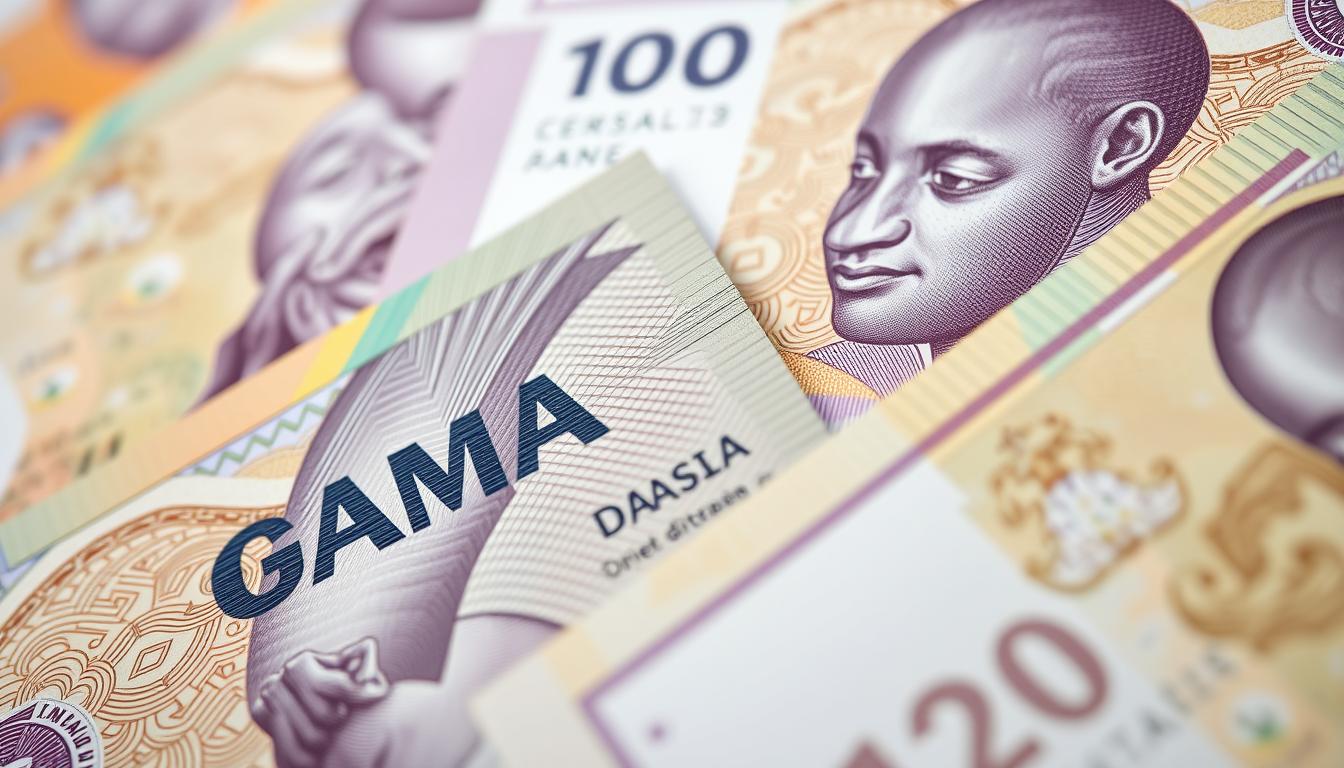
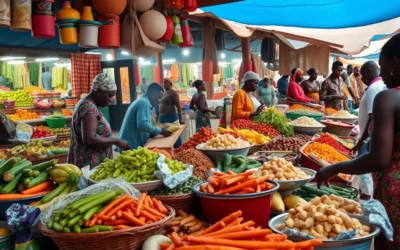



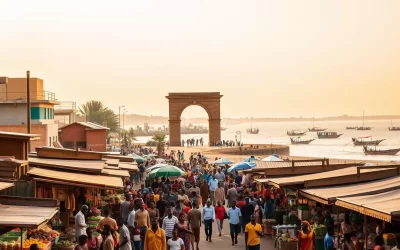

0 Comments